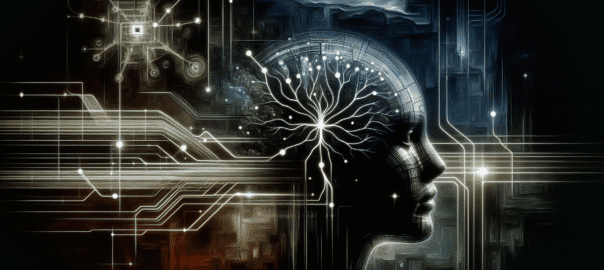Unlock the future of medical diagnosis with Microsoft’s groundbreaking AI technology!
Microsoft is revolutionizing healthcare with its cutting-edge AI diagnostic system. In an era where technology transforms medical practice, their latest breakthrough promises unprecedented accuracy, as explored in our previous analysis of AI’s transformative potential.
As a tech enthusiast who’s witnessed countless technological revolutions, I’m reminded of a moment during a music technology conference where an AI system diagnosed a fellow musician’s rare hearing condition faster than any human expert.
Microsoft AI: Revolutionizing Medical Diagnostics
Microsoft’s MAI Diagnostic Orchestrator (MAI-DxO) represents a quantum leap in medical AI. By integrating multiple leading AI models like OpenAI’s GPT, Google’s Gemini, and Anthropic’s Claude, the system achieves an astounding 80% diagnostic accuracy compared to human doctors’ 20% in the WIREDreported study.
The breakthrough leverages 304 case studies from the New England Journal of Medicine, developing a Sequential Diagnosis Benchmark (SDBench) that mimics human diagnostic reasoning. By querying multiple AI models simultaneously, MAI-DxO creates a collaborative diagnostic approach that outperforms traditional methods.
Notably, the microsoft ai system doesn’t just improve accuracy but also reduces healthcare costs by 20% through smarter test selection. This cost-effectiveness could transform healthcare accessibility, particularly in resource-constrained environments.
The project highlights a potential path to ‘medical superintelligence’, where AI agents work collaboratively to solve complex diagnostic challenges. Microsoft’s strategic poaching of top Google AI researchers underscores the intense competition in developing transformative healthcare technologies.
Microsoft AI Diagnostic Startup Concept
Imagine a startup that provides AI-powered diagnostic services to underserved healthcare markets. By licensing Microsoft’s MAI-DxO technology, the company could offer affordable, high-accuracy remote diagnostics for rural and developing regions. Revenue would come from per-diagnosis fees, government healthcare contracts, and insurance partnerships, creating a scalable model that democratizes advanced medical diagnostics.
Embracing AI’s Medical Potential
Are you ready to witness a healthcare revolution? Share your thoughts on how AI might transform medical diagnostics. What potential do you see in these groundbreaking technologies? Let’s start a conversation about the future of intelligent healthcare!
Microsoft AI Medical FAQ
Q: How accurate is Microsoft’s AI diagnostic system?
A: The system achieved 80% diagnostic accuracy, compared to 20% for human doctors in testing.
Q: Can this AI replace human doctors?
A: It’s designed to assist and enhance medical diagnosis, not completely replace human expertise.
Q: How does the AI reduce healthcare costs?
A: By selecting more cost-effective tests and procedures, reducing unnecessary diagnostic procedures.
